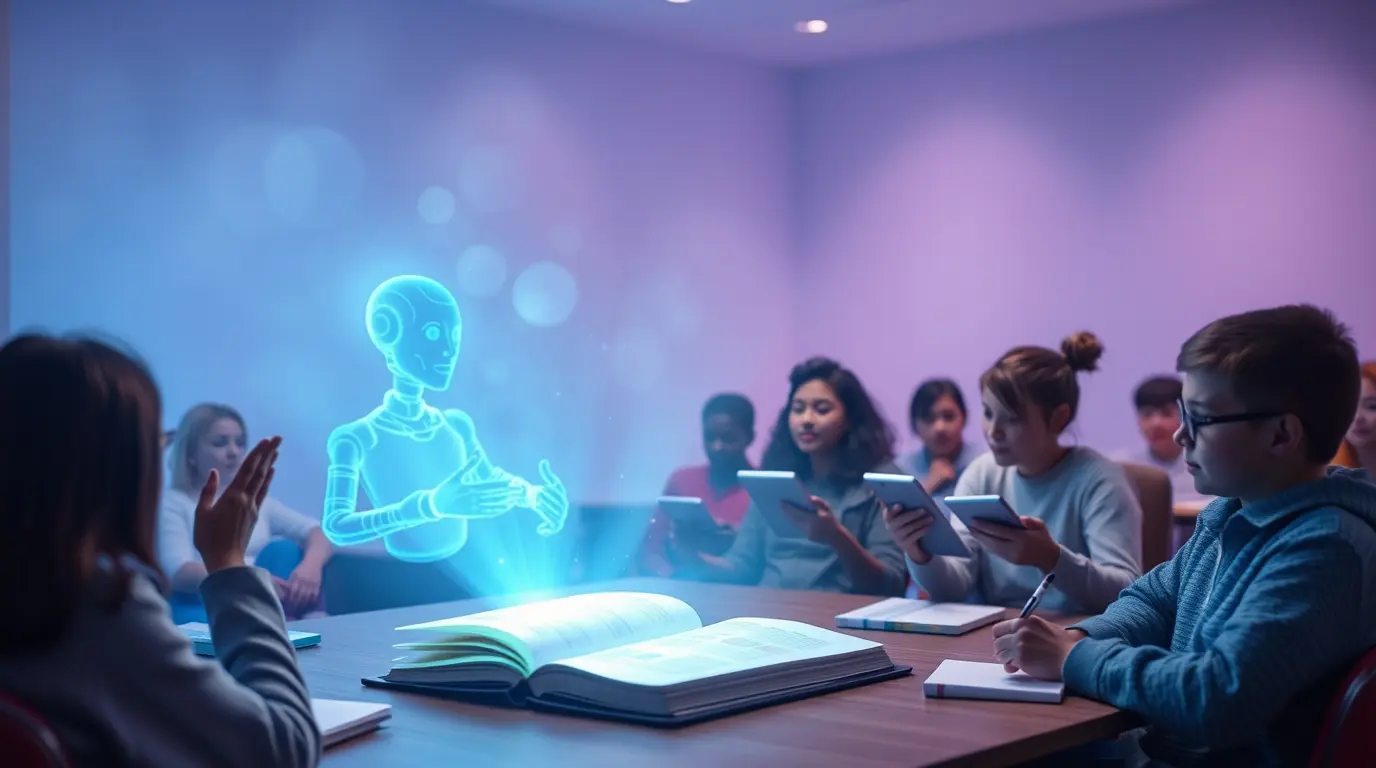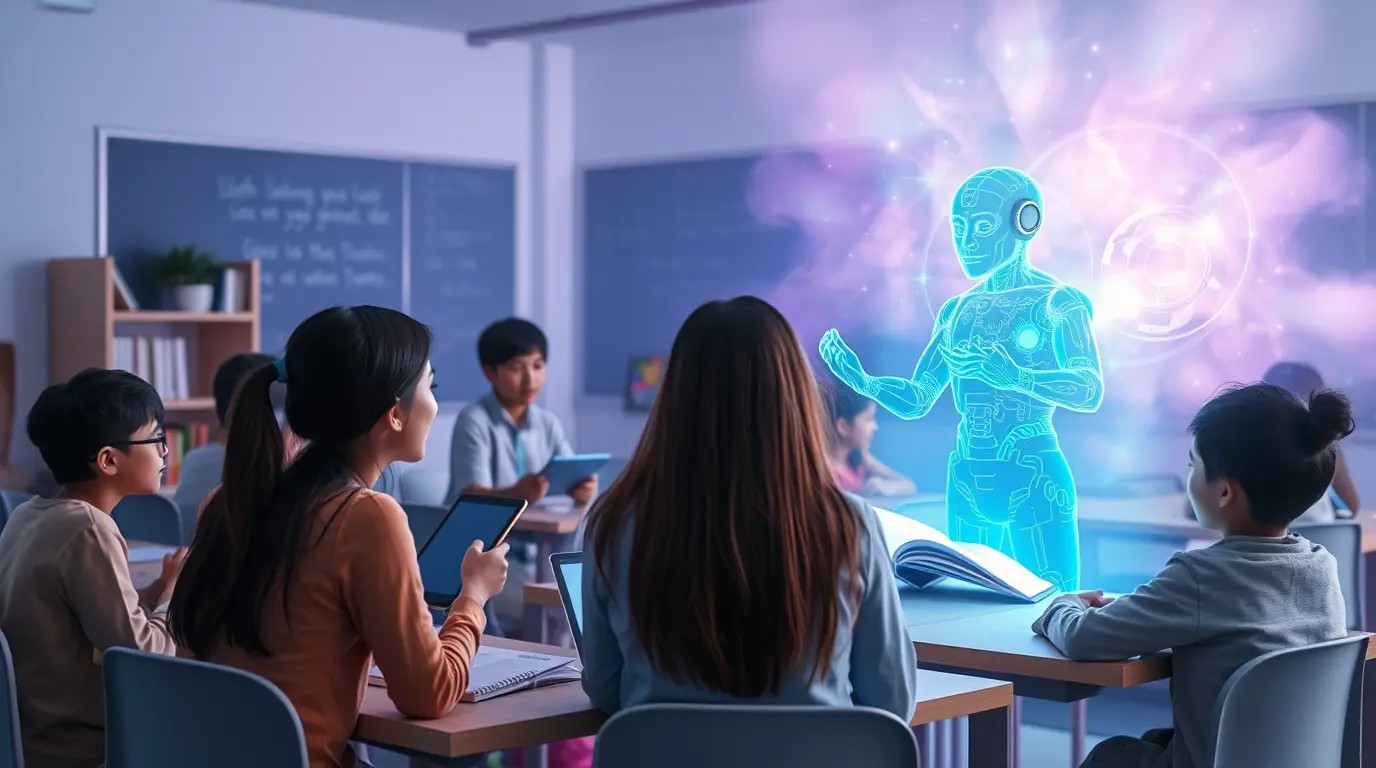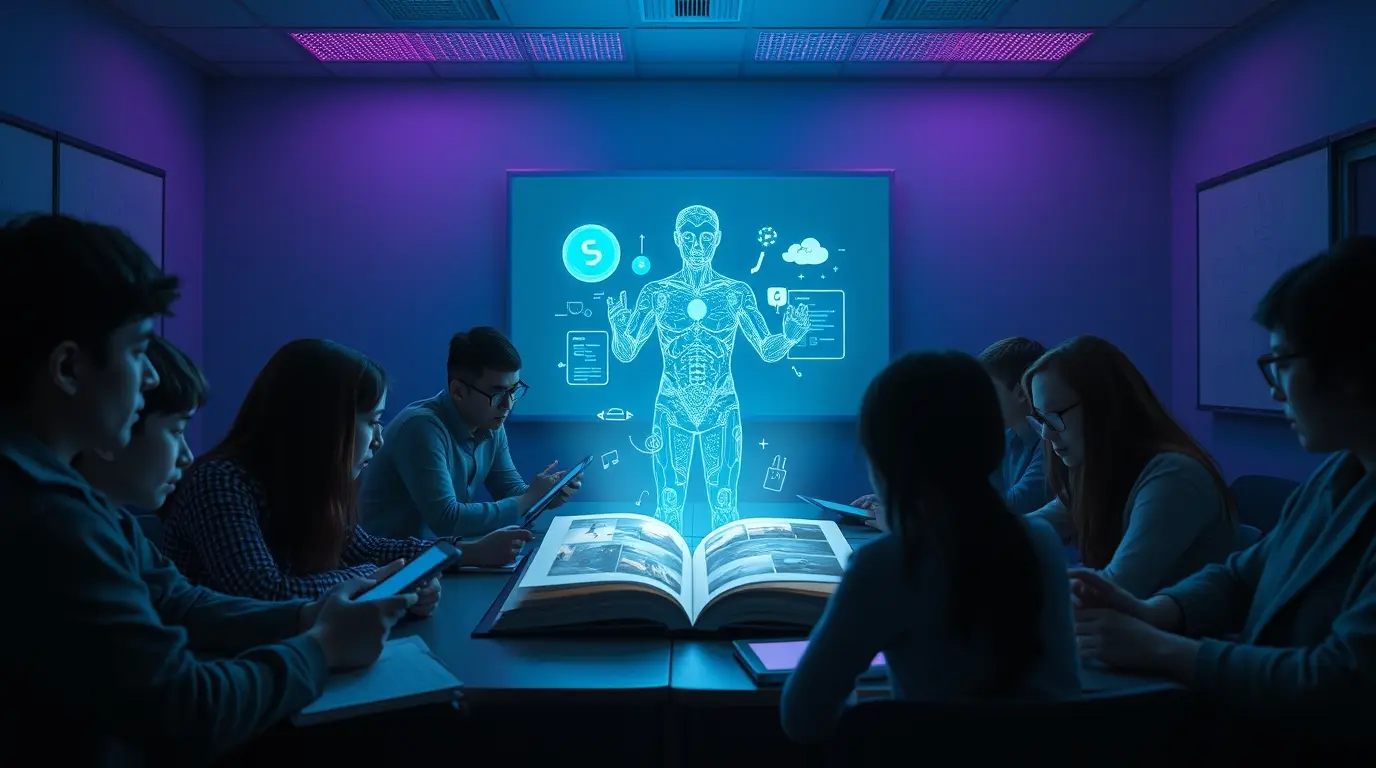Introduction
Education is rapidly evolving, and one of the most significant advancements in recent years is the integration of artificial intelligence (AI) in learning environments. AI tutors are emerging as powerful tools that can reshape traditional education, providing personalized learning experiences, instant feedback, and adaptive teaching methods. But how exactly will AI tutors transform education in 2025? Let’s explore the impact and potential of this technology.
The Rise of AI Tutors
AI tutors are sophisticated software programs powered by machine learning and natural language processing. These digital educators are capable of understanding student needs, identifying learning gaps, and offering customized lessons to enhance comprehension. With the increasing accessibility of AI, more schools and online platforms are adopting AI-powered teaching assistants to improve learning outcomes.
Personalized Learning at Scale
One of the biggest advantages of AI tutors is their ability to personalize education. Unlike traditional classroom settings where teachers must cater to multiple students at once, AI tutors analyze individual learning patterns and adjust the curriculum accordingly. This ensures that each student progresses at their own pace, reinforcing concepts where needed and advancing when appropriate.
Instant Feedback and Assessment
AI tutors can provide real-time feedback, allowing students to correct mistakes immediately and reinforce their understanding. Traditional assessments often take time to grade and review, but AI-driven evaluations streamline the process, giving students immediate insights into their performance. This feature is particularly beneficial for subjects requiring continuous practice, such as mathematics, programming, and language learning.
Bridging the Educational Gap
With AI tutors, quality education can become more accessible to students worldwide. In regions where there is a shortage of qualified teachers, AI-driven learning platforms can provide essential support. These virtual tutors can offer explanations in multiple languages, assist students with disabilities, and tailor lessons to various learning styles, helping bridge the education gap on a global scale.
AI Tutors vs. Human Teachers
While AI tutors bring numerous benefits, they are not meant to replace human educators. Instead, they act as complementary tools that enhance the teaching experience. Teachers can use AI-powered insights to identify struggling students, adjust lesson plans, and dedicate more time to critical thinking and creative discussions that AI cannot replicate. The future of education will likely see a hybrid model where AI supports traditional teaching methods rather than replacing them.
Challenges and Ethical Considerations
Despite the advantages, AI tutors come with challenges. Privacy concerns, data security, and the potential for biased algorithms are issues that need to be addressed. Additionally, not all students have access to the necessary technology, which could widen the digital divide. Ensuring equitable access and ethical AI development will be crucial in making AI tutors a successful educational tool.
Conclusion
AI tutors have the potential to revolutionize education by making learning more personalized, accessible, and efficient. As technology continues to advance, AI-powered teaching assistants will become more sophisticated, supporting both students and teachers in unique ways. However, balancing AI integration with human interaction will be key to creating a well-rounded educational experience in 2025 and beyond.




How Will AI Tutors Change Education in 2025?